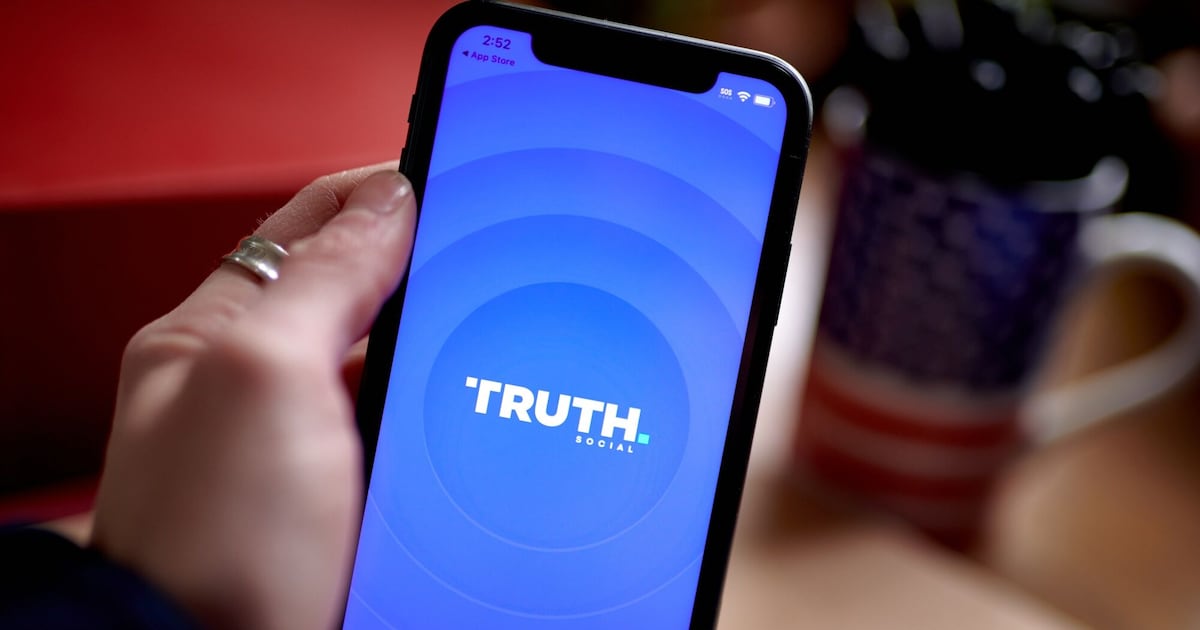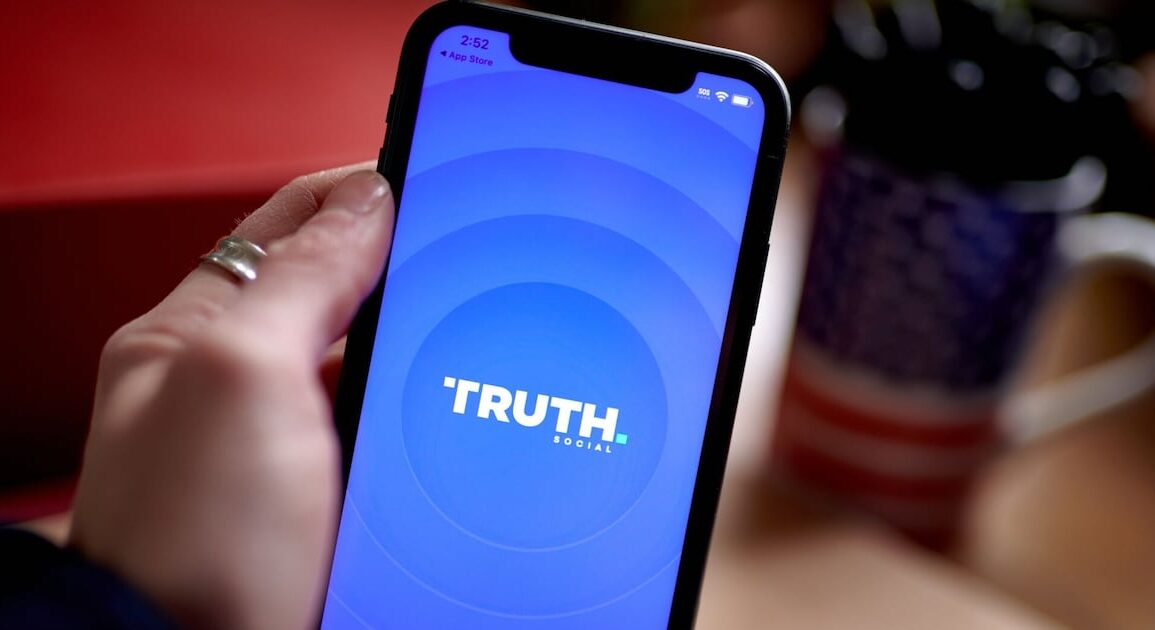
(Bloomberg) — An investor in the company that took Donald Trump’s social media startup public will serve 22 months for trading on confidential information about the firm’s merger plans before the deal was announced.
Gerald Shvartsman was sentenced by a federal judge in Manhattan on Wednesday for trading on secret details he had learned about Digital World Acquisition Corp. before the Trump deal was revealed in October 2021.
Shvartsman, 47, is one of three investors in Digital World who were charged by federal prosecutors in Manhattan in June 2023 with making more than $22 million through their trading of the company’s shares. He and his brother Michael pleaded guilty to securities fraud in April, while the other person charged in the case, Bruce Garelick, was found guilty after a jury trial in May.
Michael Shvartsman is scheduled to be sentenced on Thursday, while Garelick is slated to learn his fate on Nov. 7. Trump and his company weren’t accused of wrongdoing.
The US had asked US District Judge Lewis Liman to impose a sentence of at least 24 months due to Gerald Shvartsman’s “brazen corruption and greed,” saying he made more than $4.6 million trading on “valuable, confidential information” about the deal and not only misappropriated the information himself but tipped off friends and family.
Home Confinement
Defense lawyers had sought a sentence of 18 months of home confinement, saying “there is nothing in the indictment to suggest that Mr. Shvartsman was a leader or organizer of an extended or sophisticated insider trading ring” and “traded or tipped opportunistically” when he was given inside information by others.
At the sentencing hearing, Assistant US Attorney Matthew Shahabian said Shvartsman isn’t like an employee accused of trading on inside information but was in the “rarefied world” of investors who received valuable confidential information because of his “privileged economic position.”
“This is the kind of case where, if the defendant doesn’t get prison time,” it will send a message that “wealthy people can get away with it,” Shahabian said.
Roland Riopelle, a lawyer for Shvartsman, said a lengthy prison sentence isn’t necessary to deter others from similar crimes, noting that Bernie Madoff’s 150-year sentence didn’t stop others from committing Ponzi schemes and that Raj Rajaratnam’s 11-year prison term didn’t end insider trading.
‘Harsh Sentence’
“Imposing a harsh sentence doesn’t really deter the next person who succumbs to temptation,” Riopelle said.
A stoic Shvartsman apologized to his family, including his wife who was seated beside him, as well as his friends and the employees of his furniture company, noting that he is worried the business will close if he is sentenced to prison and they will lose their jobs.
“I am just plain sorry to stand here today,” he said, saying he did a lot of “stupid things” as a child and hoped to be better as an adult. “I thought I was better, I know now that I’m not,” he said. “I can’t begin to explain to you how ashamed I am of my actions in this case.”
The judge said that insider trading “hurts all of us” and that people expect it will be punished appropriately. Liman said Shvartsman’s conduct was “brazen” and that a prison sentence is needed to “send a message to those who think they can make a quick buck” and get away with it. Sentences without prison time would encourage more insider trading, he said.
“There would be a societal breakdown and a breakdown in the market,” he said.
Shvartsman and the other two men, all from Florida, were early investors in Digital World and had signed nondisclosure deals with the company that give them access to secret data about its merger targets, which included Trump’s social media company, Trump Media & Technology Group Corp.
Digital World announced an agreement to merge with Trump Media in October 2021, sending the shares soaring and handing the three men millions of dollars in profit from trades they made beforehand, according to prosecutors. The long-stalled merger, completed in March, allowed the media startup, which operates Trump’s Truth Social platform, to begin trading as a public company.
$7 Billion
Trump Media hit a low in September, shedding more than $7 billion since a peak in May, but has since rebounded.
The deal to take Trump’s media company public has also spawned other litigation for others involved in the deal. The former head of Digital World, Patrick Orlando, was awarded about 800,000 more shares of Trump Media by a Delaware court last month, two months after federal regulators accused him of misleading investors, and two founders of the media company claim Trump unlawfully sought to massively dilute their stake to “take the lion’s share” for himself.
The deal to take Trump Media public was delayed for years after the US Justice Department and Securities and Exchange Commission launched investigations — delays that DWAC says cost it more than $100 million. Last year it agreed to pay $18 million to settle claims by the SEC that the SPAC misled investors about its plans. And in mid-July the SEC made similar claims against Orlando himself.
SPACs are shells designed to buy another company with the investment money they attract and serve as the vehicle for its public listing. SPACs quickly evolved from an obscure corner of the financial world to an investing craze before coming under more government scrutiny.
The case is US v. Shvartsman, 23-cr-307, US District Court, Southern District of New York (Manhattan).
(Updates with details from sentencing hearing. An earlier version of the story corrected spelling of defendant’s name and his lawyers’ sentencing proposal.)
©2024 Bloomberg L.P.
This post was originally published on this site be sure to check out more of their content








